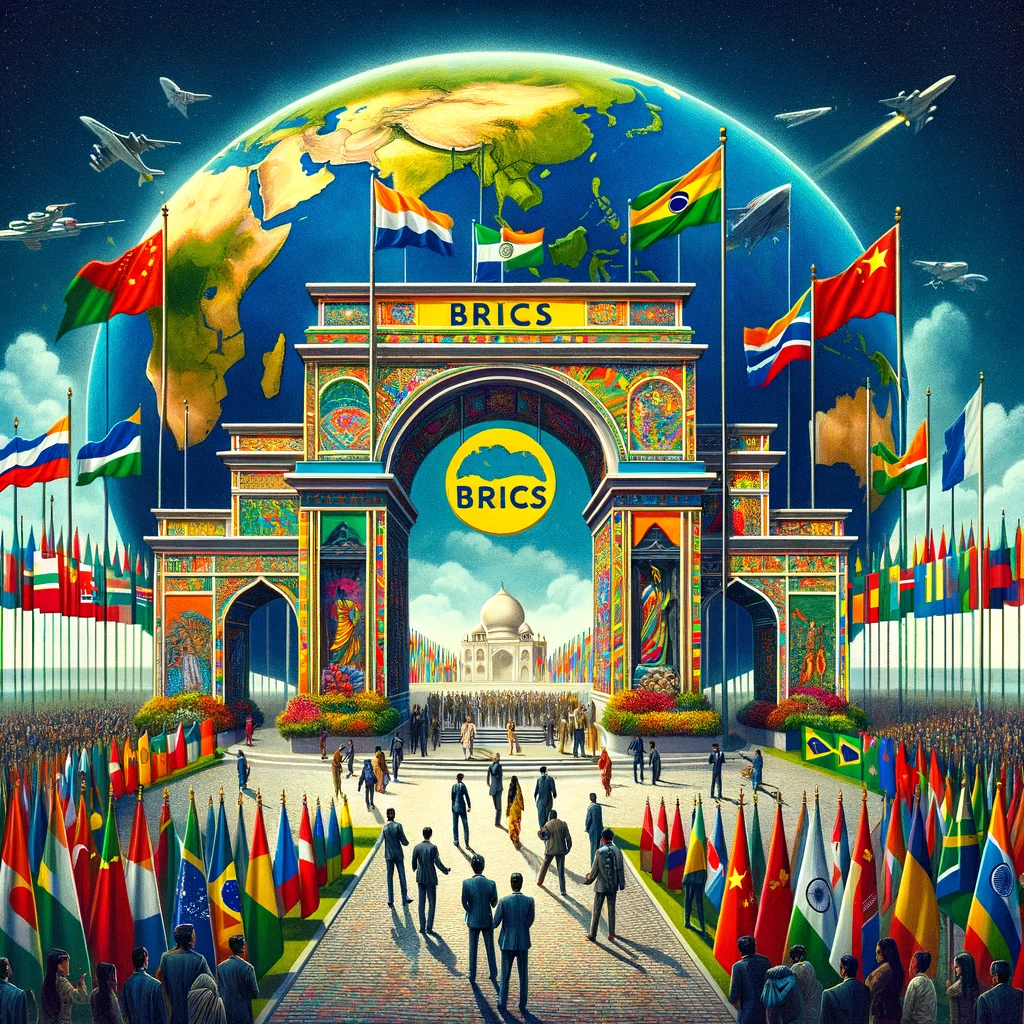The BRICS bloc stands as a beacon for developing nations seeking to fortify their economic sovereignty. At the forefront, India has recently made a bold announcement that encapsulates the growing allure of this coalition. According to India’s Foreign Affairs Minister, S Jaishankar, an impressive lineup of nearly 30 countries is poised at the gates, ready to throw in their lot with BRICS.
BRICS Welcomes New Faces
The BRICS alliance, known for its role in championing the interests of emerging economies, has always been a subject of intrigue and aspiration for many. Last year, the bloc extended its embrace to six nations during the summit in Johannesburg, aiming to bolster its ranks with Saudi Arabia, UAE, Argentina, Egypt, Iran, and Ethiopia. Yet, the journey of expansion is fraught with selectivity and geopolitical calculus. Only four of these invited countries took the leap in 2024, with Argentina politely declining and Saudi Arabia adopting a wait-and-see approach.
This selective growth narrative is set against a backdrop where developing countries view BRICS as a pivotal platform for economic decoupling from the dollar-centric global system. The bloc’s appeal lies in its promise of enhanced financial autonomy and support for local currencies, a prospect that resonates with nations striving for economic resilience.
As India spearheads a new wave of expansion discussions, the anticipation for the 16th BRICS summit in Kazan, Russia, swells. This event, slated for October 2024, is poised to potentially unveil another chapter of growth for the alliance. The burgeoning interest from nearly 30 countries is a testament to BRICS’s perceived value as a counterbalance to traditional economic paradigms.
The Pakistan Dilemma
The expansion narrative, however, is not devoid of contention. Pakistan’s ambition to join BRICS, with Russia’s backing, has stirred a pot of geopolitical tensions, particularly with India. The longstanding rivalry between India and Pakistan introduces a layer of complexity to the expansion dialogue, highlighting the delicate balance BRICS must maintain among its members’ interests.
India’s resistance to Pakistan’s membership stems from concerns over the latter’s contribution to the bloc. New Delhi argues that Islamabad’s inclusion would not bring reciprocal benefits but rather, could introduce discord within the alliance. This stance reflects a broader skepticism among BRICS members regarding the addition of countries that may not align with the bloc’s goals of mutual economic strengthening.
Moreover, the fact that Pakistan is dependent on Russia to advocate for its cause is illustrative of the complex web of relationships and interests that the BRICS nations will negotiate. Despite the fact that Russia’s support for Pakistan highlights historical links and strategic collaborations, it also calls to light the problems of growing an alliance that attempts to stay coherent in the face of varied geopolitical surroundings.





